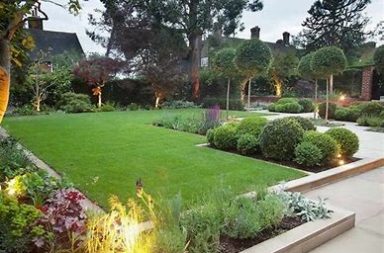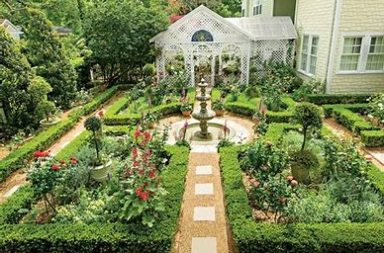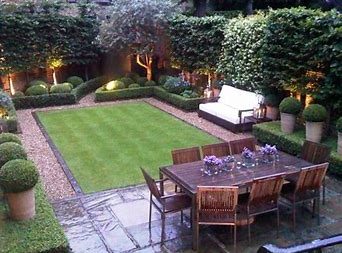It’s always the right time of year to grow produce if you know how to develop that proverbial green thumb. Whether you’re trying to grow basil in your window or corn out in your back yard, here are some quick and easy organic gardening tips you can use to ensure you always have a plentiful harvest.
Grow seasonings and kitchen herbs in your garden. Herbs are generally very simple to grow, and can even be made to thrive in a window box or indoor pot. However, these easy plants are very expensive to buy at the store. Growing them yourself can save you significant amounts of money.
If you want to cover up your walls or fences, make sure that you specifically use climbing plants. Climbing plants are great for hiding hideous fences and walls, and they usually grow within a season. They can cover an arbor, or grow through trees and shrubs. There are those that have to be fixed to a support, but others will find a surface to cling to all on their own through twining stems or tendrils. Climbing roses, honeysuckle, wisteria, clematis, and jasmine are some great plants to try out.
Know what grows in your region. When you see the wide variety of seed packets offered online, it is easy to get sucked into the idea of growing everything and anything! In reality, though, only some of them may flourish in your regional environment. Study up on your region and what crops can survive.
Do not forget the sun when deciding on a place for a garden. Gardens need sun. Almost all flowering plants and vegetables grow best in excellent sunlight. Vegetables like tomatoes require a lot of sunlight and will not produce without it. If there are trees above the area, trim them back or look for another location because a garden without sun is doomed to failure.
You can use items in your fridge for a safe and organic way to adjust the pH of your water. You can use lemon juice or apple cider vinegar to lower your pH (a few drops at a time) or use baking soda to raise your pH (a pinch at a time checking after each adjustment).
Make sure you recycle your garden waste and organic kitchen waste to create compost for your garden. A compost heap makes an excellent soil conditioner. It can also save you a lot of money, as you won’t need to buy bags of expensive commercial compost or fertilizer to make your plants grow.
To make sure you don’t accidentally dig up bulbs in the following year, mark them with twigs. They should stay in place over the winter, and will be an easy reminder when you’re planting new things in the spring. This is especially nice because you don’t have to buy anything beforehand. Just grab some nearby twigs and put them in place.
Perhaps the most important thing that you will focus on as an organic gardener is your health. It might not start out that way, but once you realize the benefits of going organic, you will start to build healthy habits. Make sure you use the tips here instead of letting them fall by the wayside.


